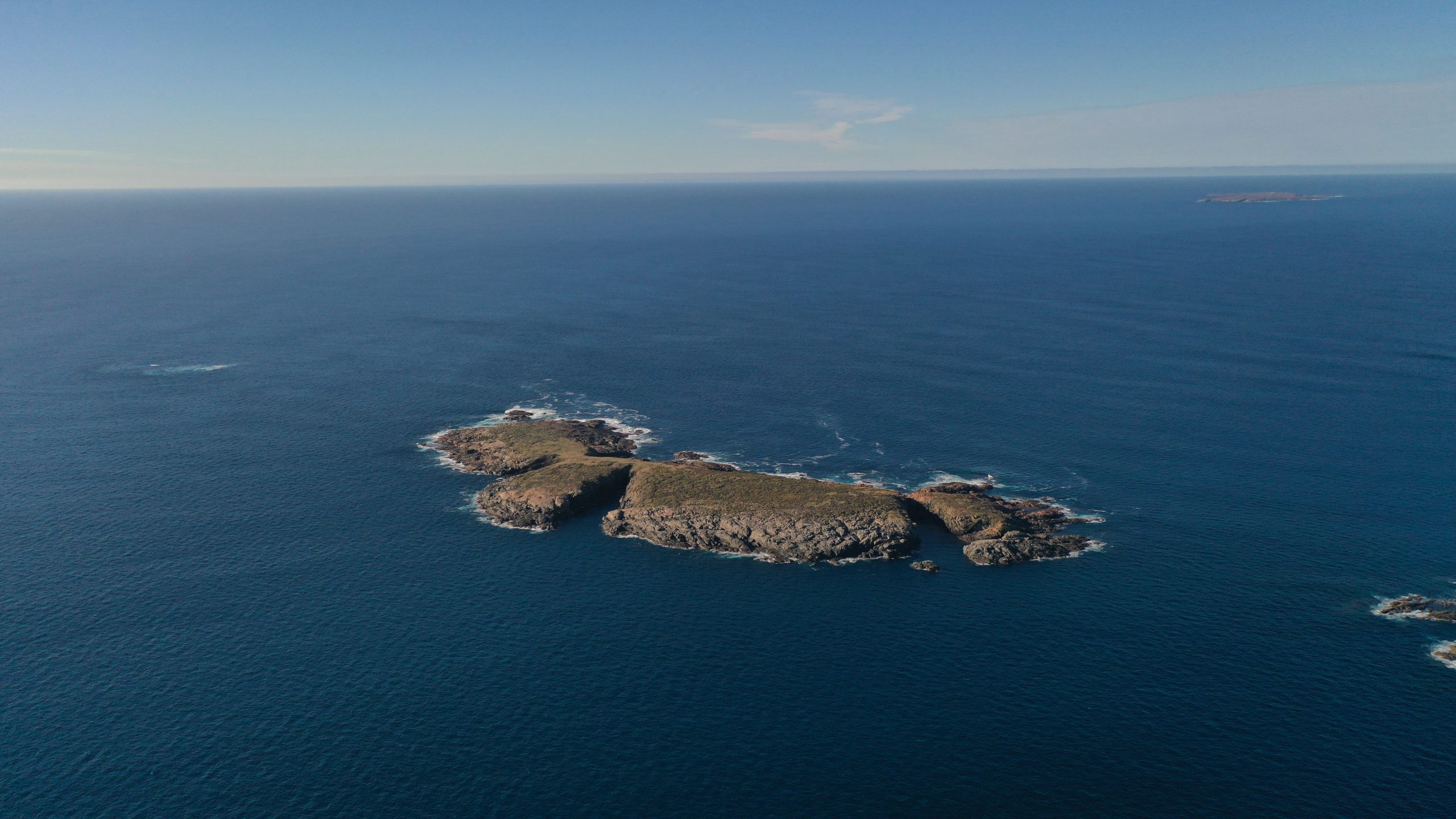
The Benevolent Guardians of Our Oceans: Why Marine Parks are Good for the Planet by Mark Tozer
Our planet’s oceans, covering more than 70% of the Earth’s surface, are the cradle of life, an essential part of the global ecosystem, and a source of wonder and inspiration for humankind. Protecting these vast, mysterious, and vital waters is not just a matter of preserving their beauty but a duty to safeguard the planet’s health. One powerful tool in this endeavor is the establishment of marine parks. Let’s dive into the deep blue and explore why marine parks are good for the planet.
1. Biodiversity Conservation:
Marine parks are sanctuaries for a diverse array of marine species. These protected areas provide refuge for fragile ecosystems, from vibrant coral reefs to kelp forests, supporting a wide range of life forms. By preserving their natural habitats, we prevent species from going extinct and maintain the delicate balance of marine ecosystems.
2. Ecosystem Health:
Just as forests are essential to terrestrial ecosystems, oceans are the lifeblood of our planet. They absorb carbon dioxide, regulate climate, and generate oxygen. Marine parks contribute to the overall health of these environments, preserving water quality and supporting the sustainability of ocean life. Healthy oceans mean a healthier planet.
3. Climate Change Mitigation:
Oceans play a critical role in climate regulation. They act as a massive carbon sink, absorbing and storing vast amounts of carbon dioxide, thereby helping to mitigate the effects of climate change. Protecting marine parks is a significant step toward preserving this vital function.
4. Scientific Research:
Marine parks serve as living laboratories for scientists to study and better understand the complexities of marine ecosystems. Research conducted within these areas provides insights into climate change impacts, species behavior, and the long-term health of our oceans. This knowledge is invaluable for informed decision-making and conservation efforts.
5. Education and Awareness:
Marine parks offer opportunities for the public to connect with the marine world. Visiting these protected areas, individuals can witness the beauty and wonder of our oceans, fostering an appreciation for these environments. They also raise awareness about the importance of ocean conservation, inspiring future generations to become stewards of our seas.
6. Sustainable Tourism:
Responsible tourism in marine parks can be a significant economic driver for local communities. It encourages sustainable practices and supports the livelihoods of those living near these areas. By choosing eco-conscious options, visitors help ensure marine parks continue to thrive.
7. A Legacy for Generations:
By establishing marine parks, we are leaving a legacy for our children and future generations. It’s a commitment to preserving the natural wonders of our oceans, ensuring that they can be enjoyed for generations to come.
In conclusion, marine parks are much more than mere attractions; they are the guardians of our oceans and, by extension, the health of our planet. These protected areas provide a sanctuary for marine life, promote ecosystem health, mitigate climate change, foster scientific research, educate the public, support sustainable tourism, and create a legacy for future generations. By supporting and expanding marine parks, we can help ensure a more vibrant and healthier planet for all.
So, the next time you hear about a marine park or have the opportunity to visit one, remember that you are not just exploring a natural wonder; you are participating in a global effort to protect and preserve our precious blue planet.

